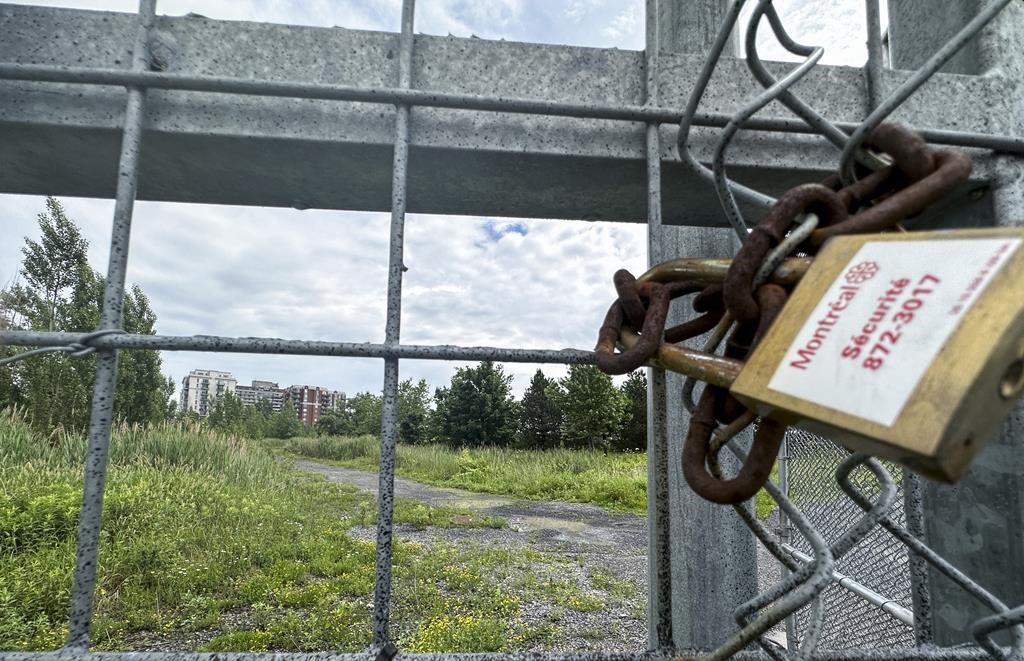Quebec premier issues plea to limit gatherings and follow rules as infections jump

Posted September 15, 2020 3:07 pm.
MONTREAL – Quebec is doubling the number of regions in its second pandemic alert level following five consecutive days with more than 200 new reported cases of COVID-19.
Premier Francois Legault said today eight regions, including Montreal, are now considered in the “early warning” yellow COVID-19 alert level.
The next level, orange, is moderate alert, while red is considered maximum alert.
Legault said the situation in the province is critical, and he is calling on all Quebecers to limit private gatherings as much as possible to slow the spread of the virus.
Health Minister Christian Dube told reporters today that effective immediately, bars can no longer sell food after midnight, a practice that he says some used to skirt a ban on alcohol sales after midnight.
Dube says that with the regions added today, 75 per cent of Quebec’s population lives in regions at the yellow alert level, at which inspections are increased and physical distancing enforced.
Quebec is reporting 292 new cases of COVID-19 and five additional deaths attributed to the novel coronavirus. Hospitalizations increased by nine, for a total of 133, while 23 patients are in intensive care, a four-person jump.
“If this virus continues to propagate, there is a risk that we will have to close businesses,” Legault told reporters. “And fathers and mothers risk losing their ability to make a living. The situation is critical and worrying. We have to act now.”
Dube says police across the province will be conducting more patrols and more inspections to make sure businesses are following the rules and that people aren’t holding large gatherings at home.
Legault says the government isn’t changing rules that allow private indoor gatherings of up to 10 people, but it is asking people to limit gatherings and follow health directives.
“I am making a call for solidarity,” Legault said. “I am asking all the people of Quebec, young and old, to think of the vulnerable people. Think of the people waiting for surgery, who work in the health-care network. Of the mothers and fathers who need revenue for their kids …. It’s time to think of others.”
This report by The Canadian Press was first published Sept. 15, 2020.



